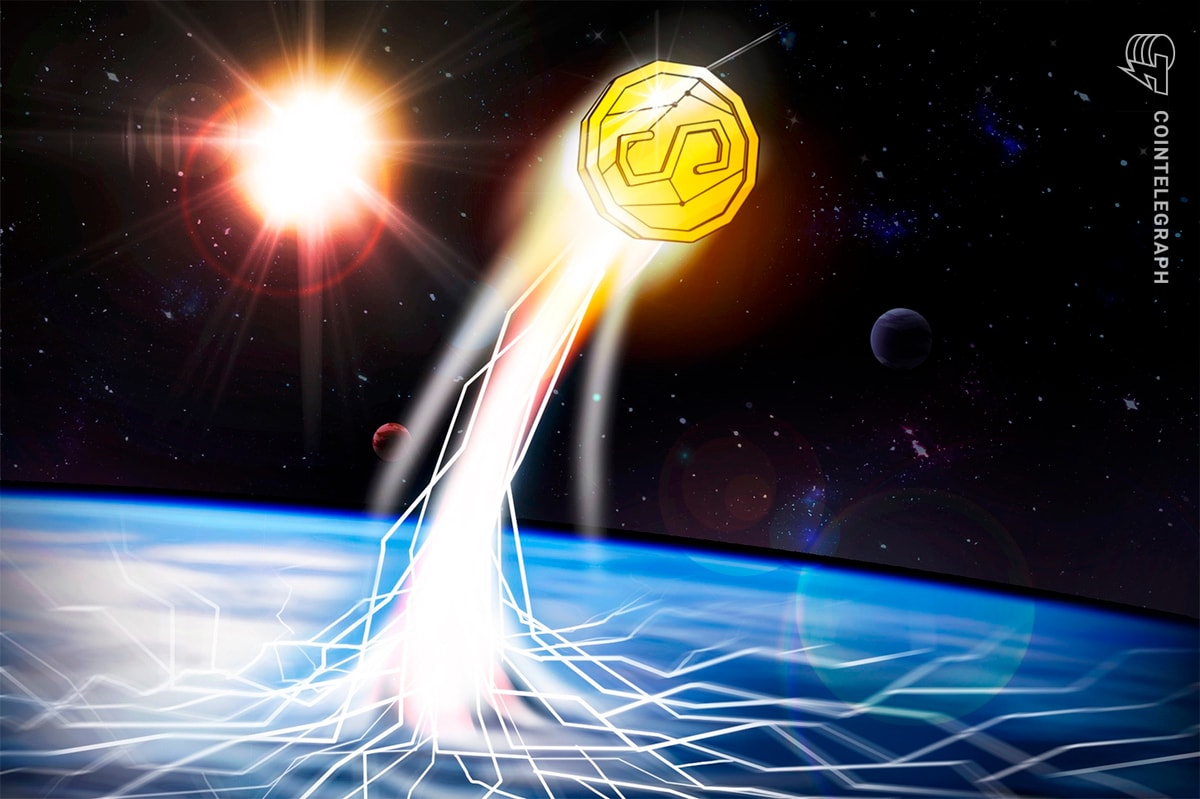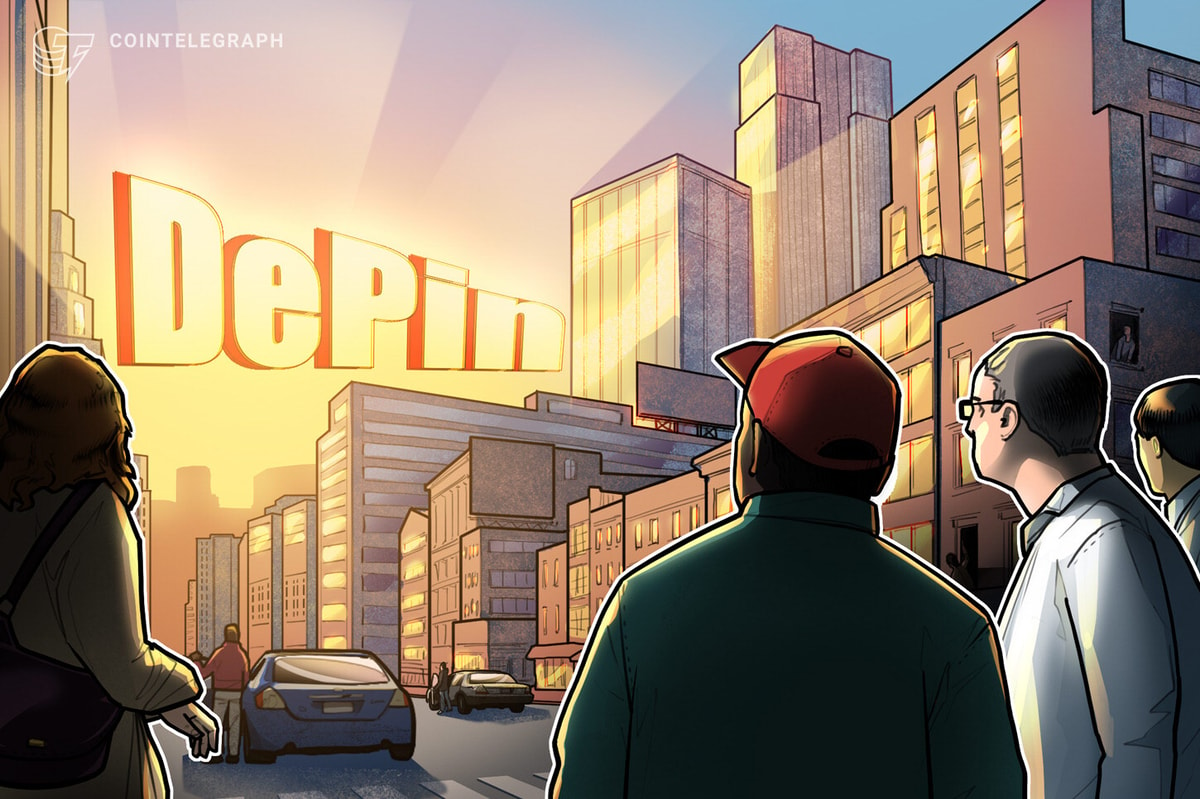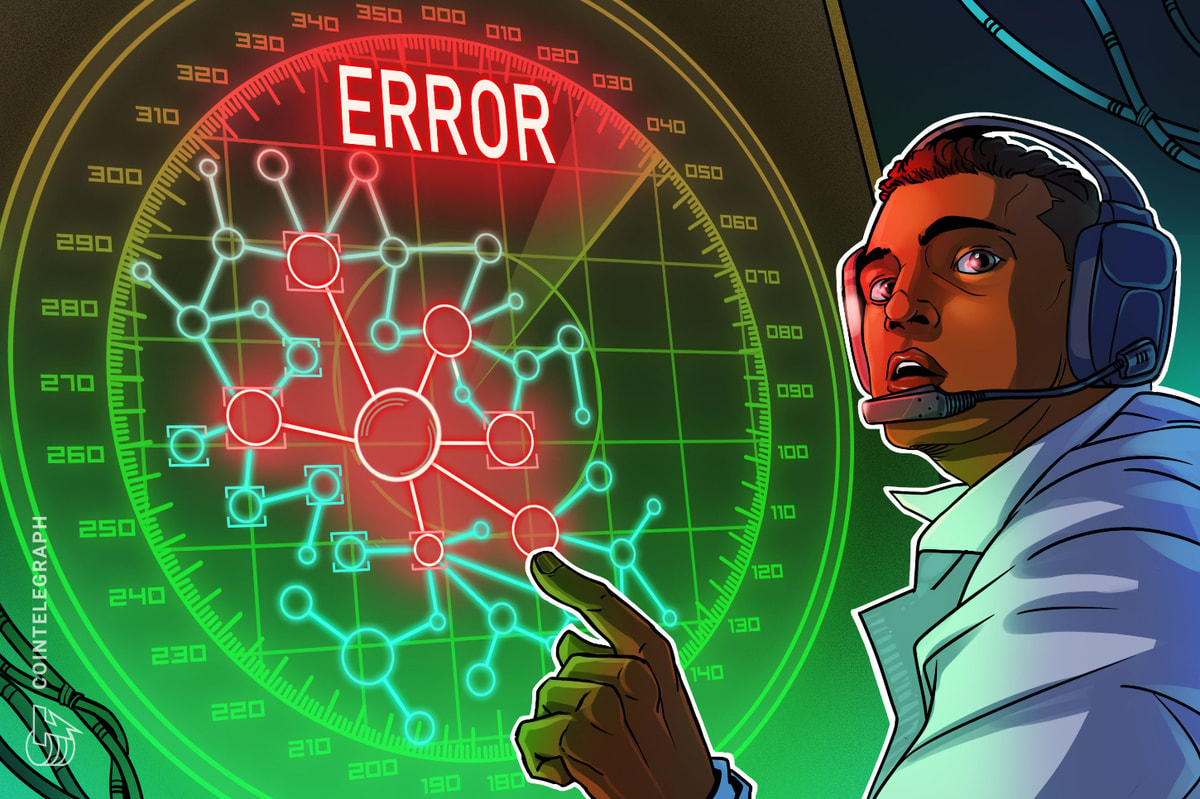A proposal to deploy the third version of lending protocol Aave has recently passed a “temperate check” with an overwhelming favorable majority.
News
A “temperature check” proposal to deploy the decentralized exchange (DEX) Aave on the zkSync Era Mainnet has passed with overwhelming support from the Aave community.
When voting closed on April 16, more than 99% of Aave (AAVE) tokenholders casting ballots had voted in favor of launching the third version of the lending and borrowing protocol on the zero-knowledge Ethereum Virtual Machine (zkEVM).
According to the proposal first pitched on March 26, the launch will be limited to USD Coin (USDC) and Ether (ETH).
A [Temp Check] is currently running to deploy Aave V3 on the @zksync Era Mainnet, expanding Aave’s presence and tapping into the growing zkEVM ecosystem.https://t.co/ps1RMl7Sva
— Aave (@AaveAave) April 14, 2023
Now that the temperature check has indicated a “positive sentiment,” the next steps listed in the proposal will be to proceed to another stage for further discussion, followed by risk parameter evaluation and finalization of the proposal.
If the next stages are successful the proposal will be submitted for voting and on-chain governance approval.
Only around 0.02% voted against the proposal with a further 0.02% abstaining from voting.
According to the proposal, deploying on zkSync can benefit the Aave ecosystem by introducing new users into decentralized finance and cementing Aave as a premier borrowing platform within the zero-knowledge ecosystem.
Related: Stablecoin adoption could lead to DeFi growth, says Aave founder
The Aave community previously voted to deploy the Aave V3 codebase on zkSync’s v2 Testnet, which was approved in another off-chain vote.
Decentralized exchange Uniswap is also set to launch on azkEVM solution from scaling solution provider Polygon after a governance proposal was successfully passed.
In November 2022, Aave changed its governance procedures after it was hit by a $60 million short attack that ultimately failed.
Magazine: Unstablecoins: Depegging, bank runs and other risks loom







